Hey guys! Recently a number of people have been asking me about my opinions on the documentary What the Health. Despite its popularity I actually haven’t watched it yet and nor do I plan to any time soon. From my understanding, it offers a biased critique of the health impact of meat & dairy products consumption in an extremist way. I’m all for eating more plants, but I hate the idea of invoking a sense of guilt or fear around food. Rather than act as a source of encouragement, this tactic only lessens the appeal of plant-based diets and leads to further resistance.
That being said, I’ve embraced a more plant-based diet since the past year and feel better mentally & physically. Health aside, it feels good to know I’m reducing my carbon footprint. Rather than eat eggs/chicken/ fish/dairy on a daily basis (often times multiple times during the day), my intake of animal products is now limited to when I’m eating out, a sprinkling of cheese to enhance an otherwise plant-based meal and the occasional bowl of Greek yogurt or ice cream.
The concern with diets void of animal products often centres around protein:
Can you still eat enough protein daily?
Ummm absolutely. Although animal products do contain concentrated amounts of protein and make it easier to hit your protein goals, almost every food contains some amount of protein including plants. For example:
- Lentils: 9g per half a cup
- Chia seeds: 5g per 2 tablespoons
- Green beans: 4g per ½ cup
- Wholemeal bread: 7.5g per 2 slices
- Mushrooms: 3g per 100g
- Nut butter: 7g per 2 tablespoons
- Oats: 6.5g per 1/4 cup
While many plant-based sources of protein aren’t ‘complete proteins’ (i.e. don’t contain all 9 essential amino acids), that shouldn’t really be an area of concern. As long as you’re eating a varied diet, you can easily cover your bases.
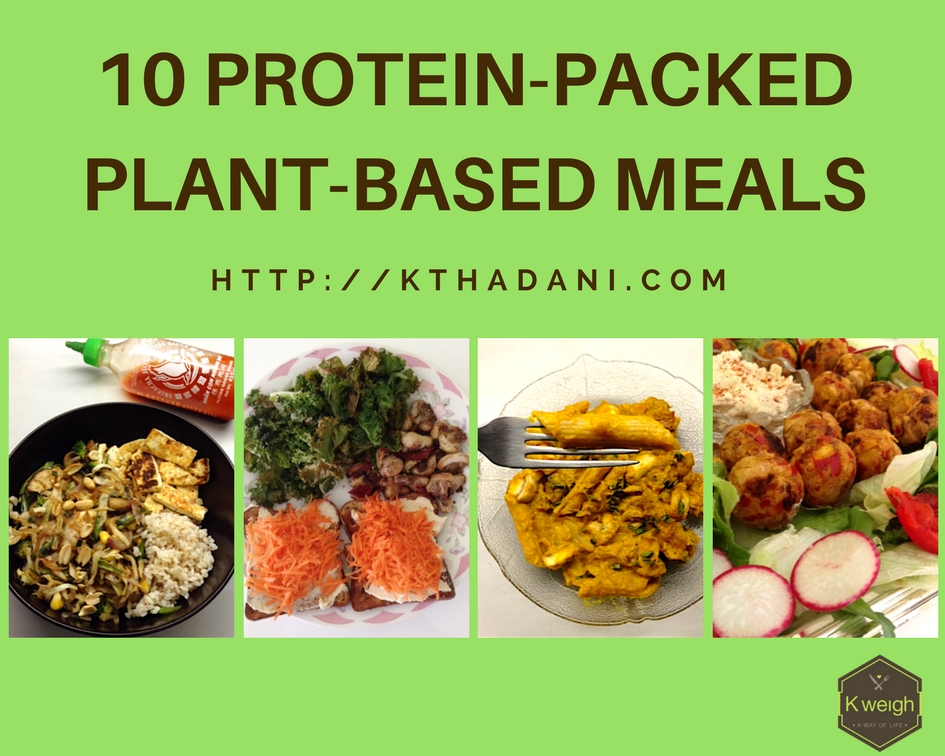
Although there is controversy about how much protein to eat daily, the RDA is 0.8 – 2.2g of protein per kilogram of body weight. The exact amount will vary according to individual goals and activity levels. Currently I’m eating about 70-80g of protein daily which works out to about 1.4g per kilogram of my body weight. Before transitioning towards a more plant-based diet, I was eating about 2g of protein per kilogram of body weight. Despite cutting back on my protein intake, I haven’t noticed any decline in terms of my fitness levels or physique. If anything, I feel fitter and am probably at my happiest where my body is concerned.
Whether you find yourself eating a fully plant-based diet or not, I think we all can agree that incorporating even a couple of meatless meals per week can only be beneficial both to ourselves and the environment at large. My biggest tip for eating a more plant-based is to get creative. There are infinite plant-based ingredients to work with and with the right seasonings & herbs you can easily end up with an incredibly flavourful meal. For some ideas, here are 10 of my favorite protein-packed plant-based meals:
- Chickpea Flour Omelets: Chickpea flour (aka besan, gram flour or garbanzo flour) has been a staple in Indian cooking for generations and has recently gained popularity in the West. Along with being a gluten-free alternative to wheat flour, ½ cup contains around 10g of protein. For a full recipe on how to use incorporate chickpea flour into your diet, check out my High-Protein Chickpea Omelet & Socca Flatbread.
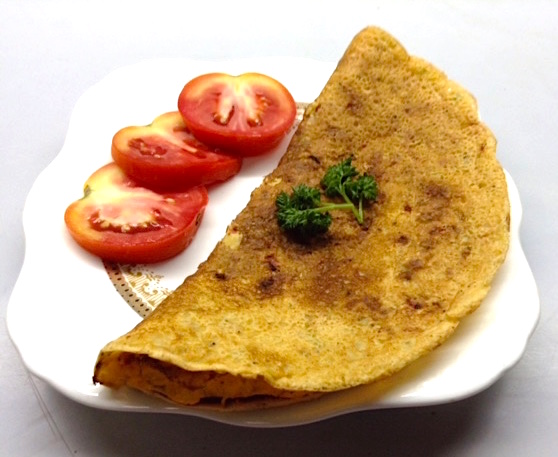
- Tofu & Brown Rice Stir fry: Soy products like tofu, edamame, soy milk,and tempeh are superior plant-based sources of protein. However given the amount of controversy surrounding soy products, I try to limit my intake to a few times a week and preferably opt for soy products made from the whole soy bean rather than processed soy. For an easy meal idea, combine your choice of veggies with sautéed tofu, cooked brown rice, sesame oil & soy sauce. I especially loved sliced scallions & ginger along with peanuts in my stir fries.
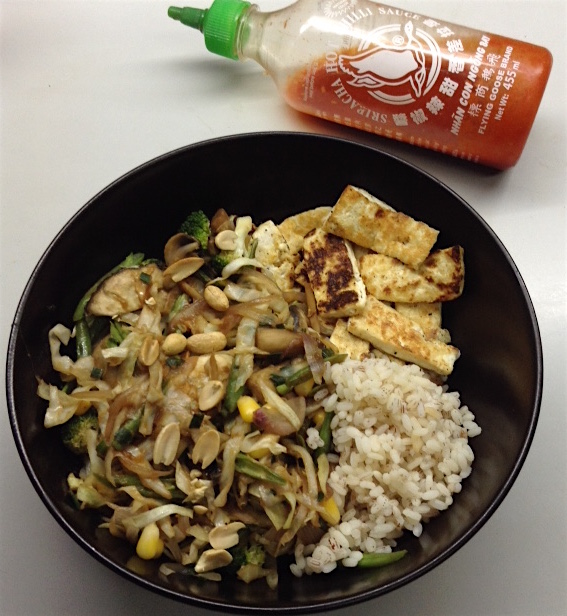
- Chickpea Chilli: Despite the lack of meat, I personally find that chickpeas add plenty substance & heartiness to chilli. For a high-protein & crunchy snack option, you could even try roasting chickpeas in the oven.
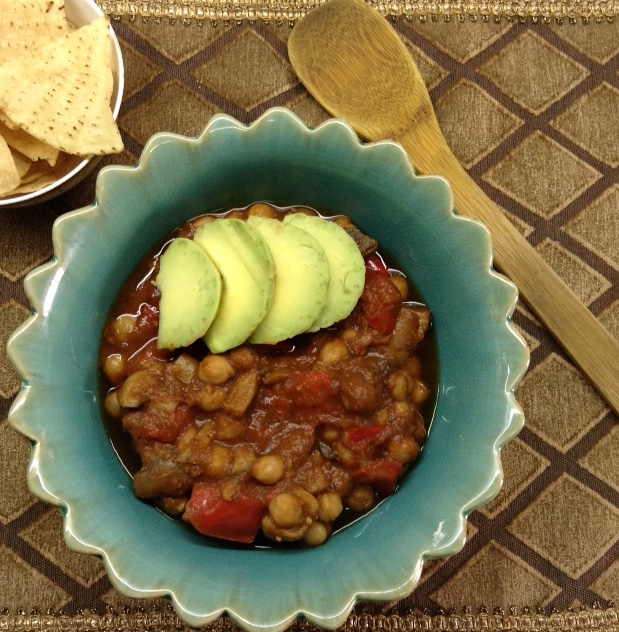
- Falafels: Speaking of chickpea-based snacks, my Healthy Falafels are delicious in their own right. Unlike traditional deep-fried falafels, these require minimal oil when cooking.
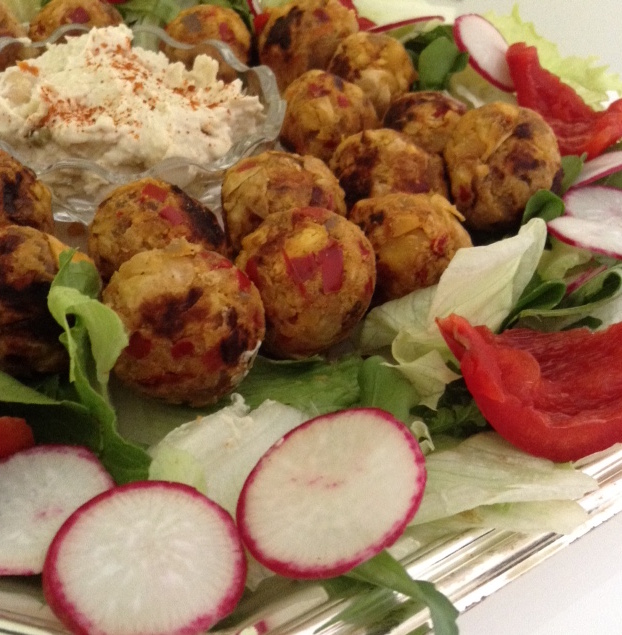
- Hummus & Grated Carrot Toast with Kale Chips & Sautéed Mushrooms: Fun fact: combining legumes with whole grains yields a complete protein, which makes hummus toast an ideal meal option. Add in the kale chips & sautéed mushrooms and you’ll find yourself with a meal containing around 16-18g of protein.
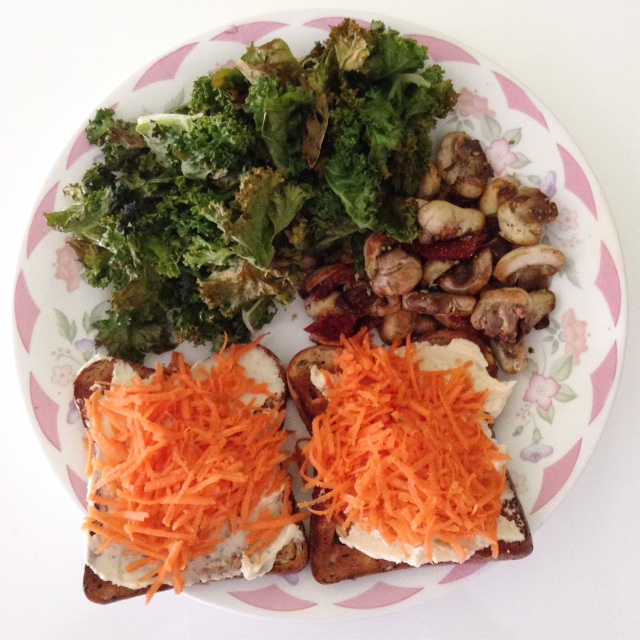
- Lentil Meatballs with Noodles, Marinara Sauce & Salad: Lentils are rich of source of protein and I often find that they are easier to digest than beans. They work wonderfully as a replacement in recipes that call for ground meat like meatballs, burgers and bolognese. The recipe I used for these balls is similar to my Lentil & Walnut Burgers.
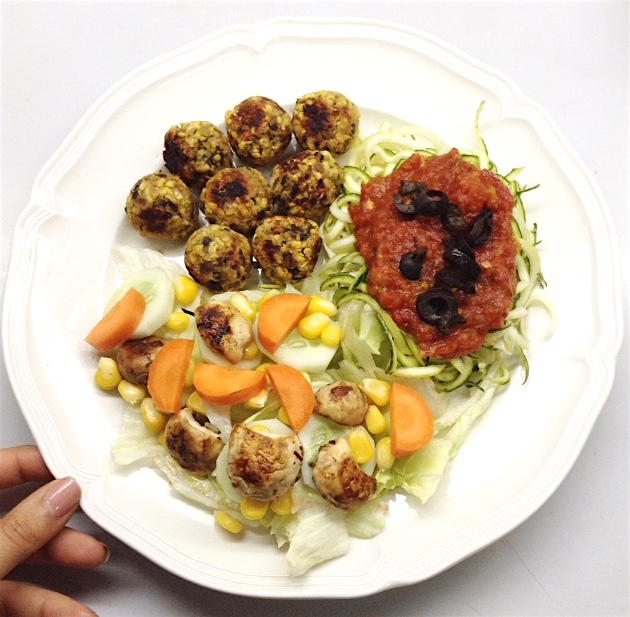
- Edamame Salad: Although typically associated as a Japanese appetiser, I love adding edamame beans to salads given their versatility. Along with protein, they are an excellent source of calcium and iron.
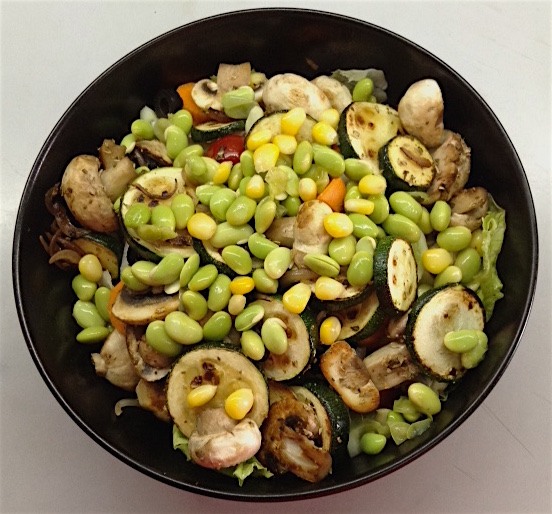
- Avocado Toast with Grilled Veggies & Nutritional Yeast: Nutritional yeast is one of the most underrated plant-based ingredients. Aside from its cheesy flavor, I love that it provides an decent dose of B vitamins, fibre and protein. Two tablespoons of this deliciousness packs in a whopping 9g of protein, providing all 9 essential amino acids.
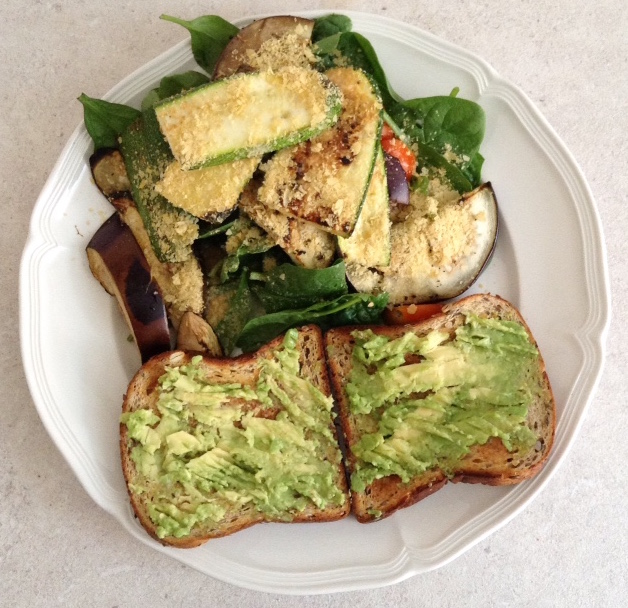
- Vegan Mac & Cheez: When you think of traditional mac & cheese, chances are a carb bomb that’s high in fat springs to mind. My variation calls for pumpkin & nutritional yeast which makes it a leaner option that packs in some protein too. To further boost the protein content of this dish, opt for black bean or mung bean pasta.
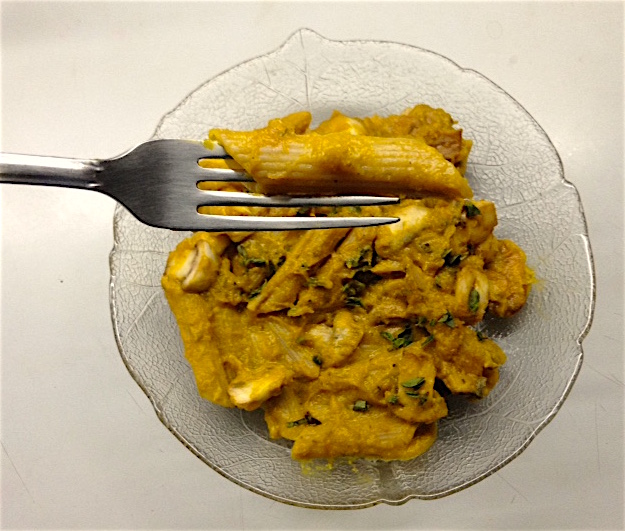
- Daal & Brown Rice: Made from lentils & aromatic spices, daal is a staple in every Indian household. The combination of 1 cup daal & 1 cup cooked brown rice can easily pack in around 13-16g of protein. Like hummus toast, this combination also acts as complete protein.
Have you seen What the Health? I would love to hear your thoughts!
What are your go-to protein sources?

I haven’t seen the documentary either, but I’ve also heard that it’s very biased. My thoughts are along the same lines as you: I agree eating less meat is beneficial for health (if done properly) and the environment, but fear tactics aren’t the way to promote change!
My favourite protein source lately is roasted chickpeas. I love their crunch!
YUM- they’re so great on salads!!
Hi,
I cut out eating dairy products because this causes the acne breakout. I like eating tofu because it is good for the skin. And when it comes to your protein plant-based meals, I wanted to try the Mac N’ Cheese – looks yummy! Thanks!